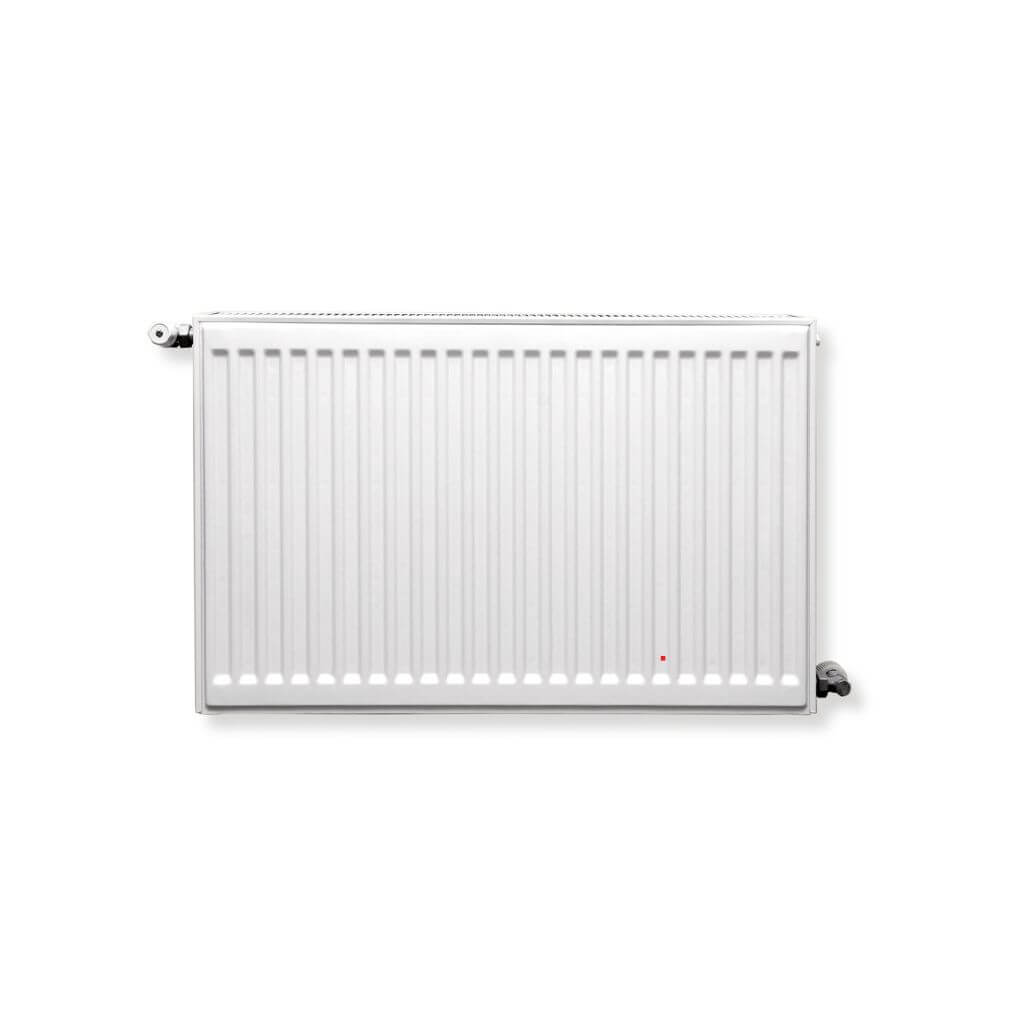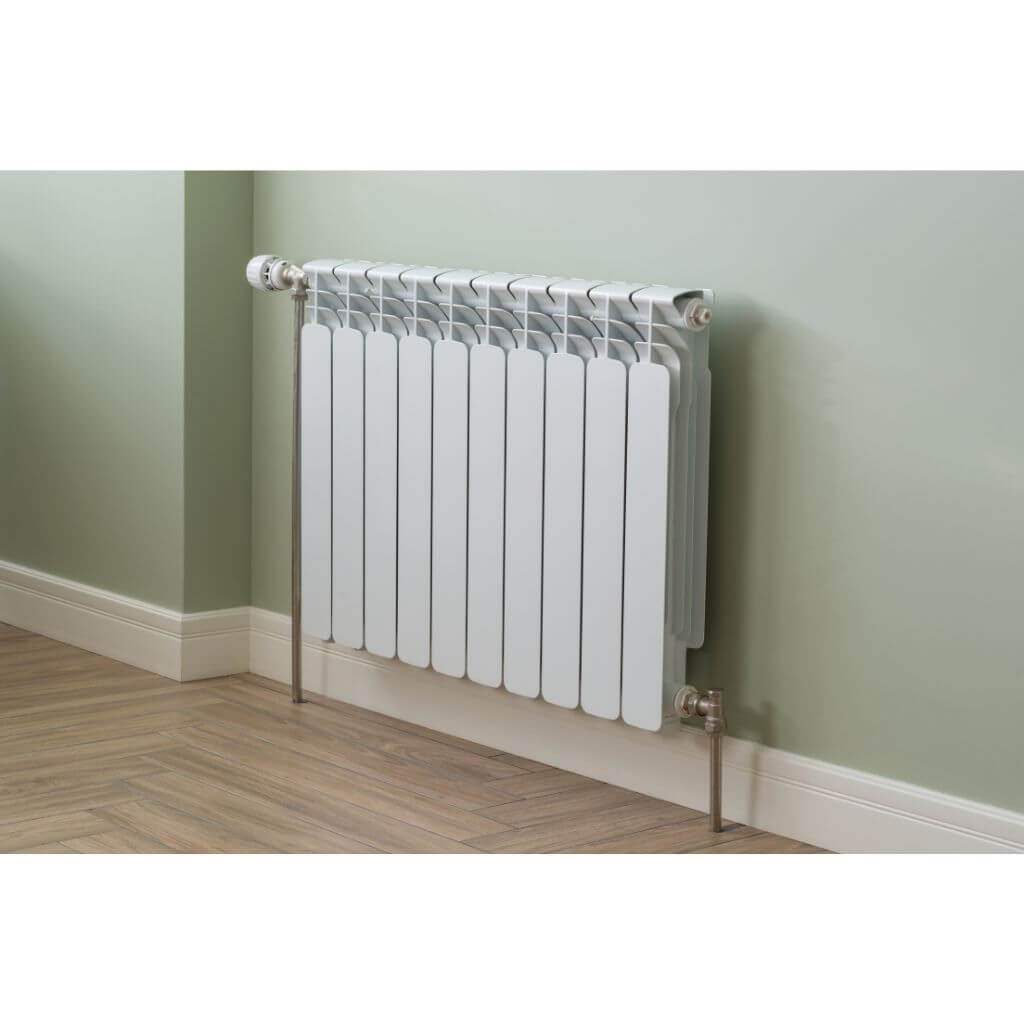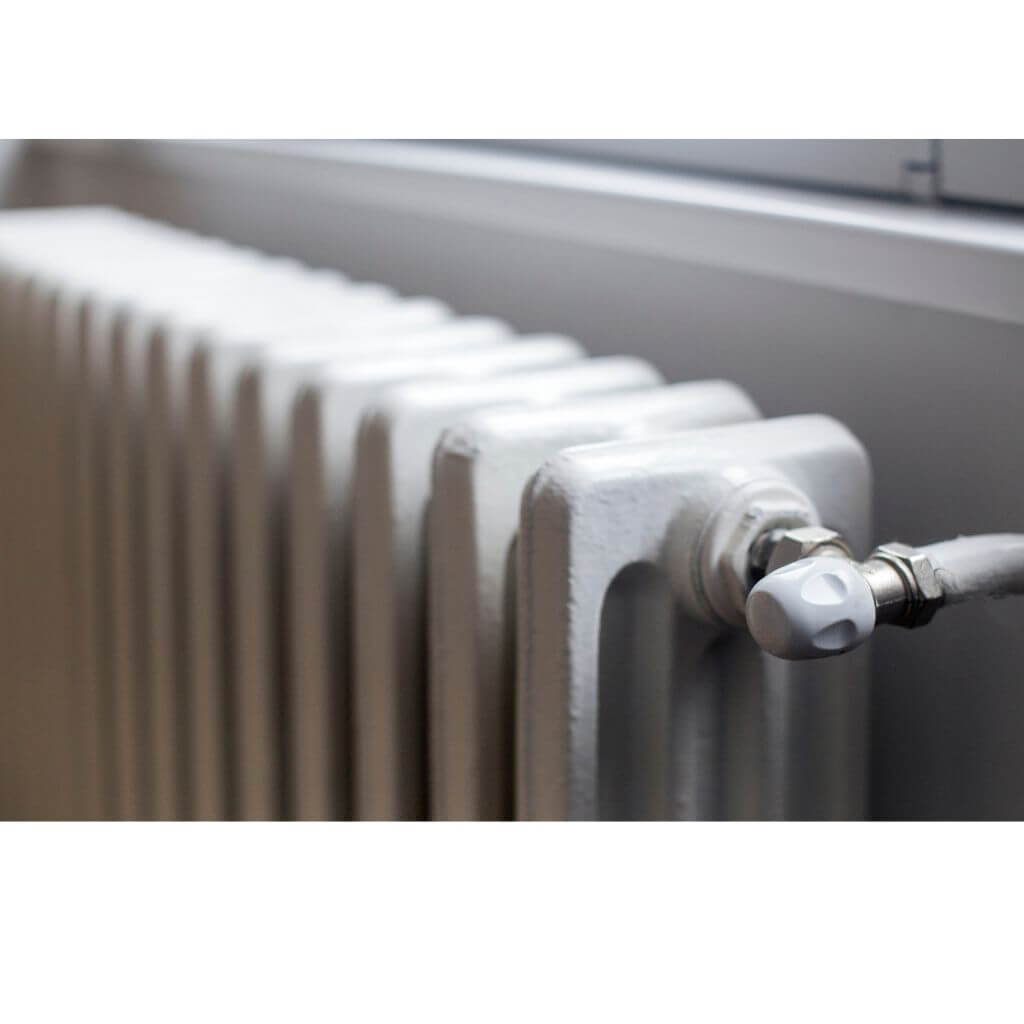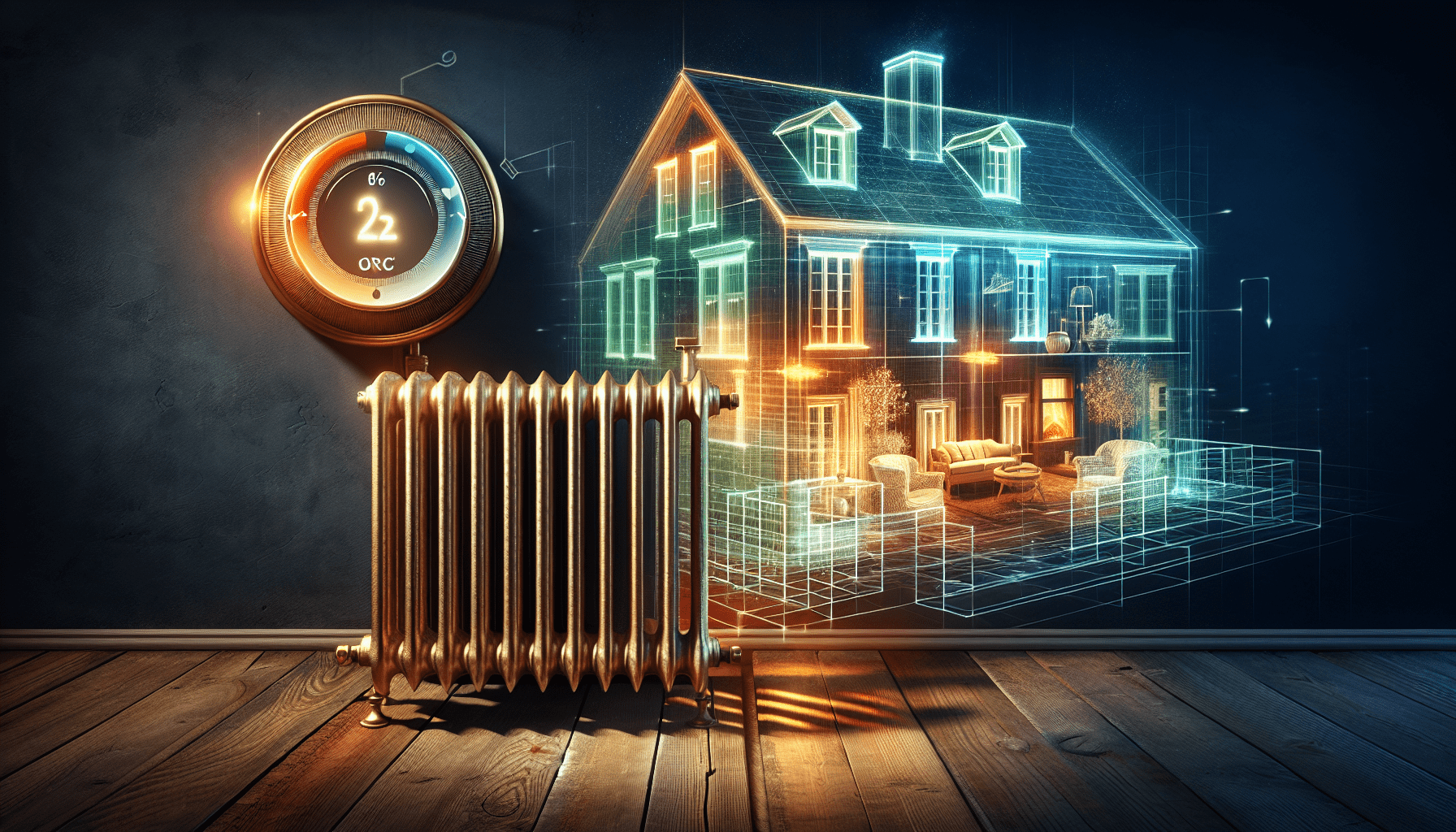
In the quest for more energy-efficient and cost-effective heating solutions, homeowners often wonder if it is cheaper to run fewer radiators in their homes. 4
This article explores the potential benefits and drawbacks of reducing the number of radiators, shedding light on the financial implications and offering insights into how to maximize efficiency without compromising comfort. So, if you’re curious about the impact of your radiator choices on your energy bills and long-term savings, read on to discover the answer to the burning question: is it cheaper to run fewer radiators?
Understanding Radiator Efficiency
Radiators play a crucial role in keeping our homes warm and cozy during the colder months. However, not all radiators are created equal when it comes to efficiency. Understanding the factors that affect radiator efficiency is essential for making informed decisions about heating our homes effectively while keeping costs manageable.
Factors that affect the efficiency of radiators
Several factors come into play when it comes to the efficiency of radiators. The size and design of the radiator, as well as its placement within a room, can greatly impact how effectively it distributes heat. Additionally, the material of the radiator, such as cast iron or aluminum, can influence its efficiency. Thermal conductivity and heat retention capabilities are important considerations in this regard.
Why radiator efficiency matters in terms of cost
Radiator efficiency directly affects energy consumption and, consequently, heating costs. An inefficient radiator may require more energy input to achieve the desired level of heat, resulting in higher energy bills. By prioritizing radiator efficiency, you can not only save money but also reduce your environmental impact by conserving energy.
Calculating Energy Consumption
To gain a better understanding of how your radiators contribute to energy consumption, it is important to calculate their energy usage accurately. This will allow you to make informed decisions about the number of radiators needed in each room and adjust them accordingly.
Determining radiator energy consumption
The energy consumption of a radiator can be measured in British Thermal Units (BTUs). A BTU is the amount of energy required to raise the temperature of one pound of water by one degree Fahrenheit. By knowing the BTU output of your radiator, you can estimate the energy it consumes. This information is typically provided by the manufacturer or can be found in product specifications.
Understanding BTU calculations
Calculating the appropriate BTU output for a room involves considering various factors such as the room’s size, insulation, and desired temperature. There are online calculators available that take into account these variables to determine the ideal BTU requirement for a particular space. This information helps in determining the necessary number and size of radiators needed for optimal heating.
How many radiators are required based on room size
The size of a room plays a significant role in determining the number of radiators needed to achieve effective heating. Larger rooms require more radiators to ensure uniform heat distribution and maintain a comfortable temperature throughout the space. By considering room size and BTU requirements, you can better plan the placement and quantity of radiators, optimizing both comfort and energy usage.

Heat Distribution and Coverage | Run Fewer Radiators
Ensuring balanced heat distribution is essential for maintaining a comfortable environment throughout your home. Uneven warmth can lead to discomfort and even health issues. Therefore, it is crucial to understand the impact of radiator quantity on heat distribution.
Importance of balanced heat distribution
An evenly heated space is essential for providing comfort to the occupants. It prevents cold spots and ensures that every corner of the room receives adequate heating. This is particularly important in larger rooms or homes with open floor plans, where achieving balanced heat distribution can be more challenging.
Ensuring even warmth throughout the space
Installing an appropriate number of radiators in strategic locations can help achieve even warmth throughout a space. By considering the size and layout of the room, as well as potential obstacles that may hinder heat circulation, you can determine the ideal placement and quantity of radiators. This will help prevent cold spots and ensure optimal comfort.
Effect of fewer radiators on heat coverage
Running fewer radiators than necessary can result in inadequate heat coverage. This happens when the existing radiators are unable to produce enough warmth to reach all areas of a room. The consequence is often a compromised level of comfort, as some areas may remain colder. It is essential to strike the right balance between energy efficiency and providing sufficient heat coverage to maintain a comfortable living environment.
Zoning and Thermostat Control
Zoning is an effective way to control and optimize heating systems, allowing you to divide your home into separate zones and regulate the temperature independently in each area. The number of radiators in each zone plays a crucial role in achieving effective zoning.
Benefits of zoning in heating system
Zoning offers several benefits in terms of energy efficiency and cost savings. By dividing your home into zones, you can heat only the areas that are in use, avoiding unnecessary heating in unoccupied spaces. This targeted approach can result in substantial energy savings and reduce heating costs.
How multiple radiators can be controlled effectively
To control multiple radiators effectively, it is important to have a centralized thermostat system that allows you to adjust the temperature independently in each zone. This gives you the flexibility to optimize heat output based on the specific needs of each area. By having the right number of radiators in each zone, you can ensure efficient heat distribution and maintain desired temperatures conveniently.
The impact of having fewer radiators on zoning
Running fewer radiators in a zoned heating system may limit your ability to achieve desired temperatures in specific areas. With inadequate radiators, it becomes challenging to maintain optimal heat levels in each zone, potentially compromising comfort. Therefore, careful consideration should be given to the number of radiators installed in each zone to ensure effective zoning and the desired level of comfort.

Energy Efficiency and Environmental Impact
Energy efficiency is a growing concern for homeowners, not only because it helps reduce costs but also because it contributes to environmental conservation. Fewer radiators can play a role in both energy efficiency and reducing our environmental impact.
How energy-efficient radiators can reduce costs
Energy-efficient radiators are designed to maximize heat output while minimizing energy consumption. They often incorporate advanced technology and features such as improved thermal insulation and efficient heat transfer mechanisms. By investing in energy-efficient radiators, you can potentially reduce heating costs significantly while enjoying the same level of heating comfort.
The role of fewer radiators in energy conservation
Running fewer radiators translates to reduced energy consumption, leading to energy conservation. By strategically planning the number and placement of radiators throughout your home, you can ensure that you use only the minimum necessary to achieve your desired level of comfort, reducing your overall energy footprint.
Considerations for reducing environmental impact
When considering the environmental impact of your heating system, it is important to think beyond just the number of radiators. Factors such as the energy source used for heating, insulation levels, and overall heating system efficiency should also be taken into account. By combining considerations for reducing environmental impact with optimized radiator usage, you can create a more sustainable and eco-friendly living environment.
Installation and Maintenance Costs
When it comes to installing and maintaining radiators, costs can vary based on the quantity and complexity of the system. It is important to consider these expenses when deciding between fewer or more radiators.
Initial installation costs of radiators
The initial installation cost of radiators depends on factors such as the type of radiator, its size, and the complexity of the system. While installing fewer radiators may seem like a more cost-effective option initially, it is essential to strike a balance between cost and comfort. Undersized or insufficient radiators may result in higher energy consumption and discomfort in the long run, potentially offsetting any initial cost savings.
Maintenance expenses associated with radiators
Regular maintenance is necessary to ensure the longevity and optimal performance of radiators. Cleaning, bleeding, and occasional repairs may be required to keep them in good working condition. While the number of radiators does not directly impact maintenance costs, having fewer radiators may result in less maintenance overall. However, it is important to note that maintenance expenses should not be the sole determining factor when considering the number of radiators required for efficient heating.
Comparing costs of fewer vs. more radiators
When comparing the costs of fewer versus more radiators, it is essential to consider the long-term implications. While running fewer radiators may result in initial cost savings, it is important to ensure that they are sufficient to provide the desired level of comfort and energy efficiency. Over time, running an inadequate number of radiators may lead to increased energy consumption and discomfort, potentially outweighing any initial cost benefits.

Balancing Cost and Comfort
Finding the optimal number of radiators is a crucial step in achieving both cost-effectiveness and comfort in your home. It involves considering various factors, including room size, insulation, and personal preferences.
Determining optimal number of radiators
To determine the optimal number of radiators, it is essential to consider the size of each room and its specific heating requirements. Taking into account factors such as insulation, climate, and personal comfort preferences will help ensure that you strike the right balance between cost and comfort. It is advisable to consult heating professionals or use online calculators to accurately assess the number of radiators needed for each room.
Finding the right balance between cost and comfort
Finding the right balance between cost and comfort requires careful consideration of individual needs and budget constraints. It is important to invest in a sufficient number of radiators to maintain a comfortable living environment while optimizing energy efficiency. Striking this balance ensures that you are not overspending on unnecessary radiators while still enjoying the desired level of warmth and comfort.
Considering insulation and other factors
Insulation plays a vital role in the efficiency of your heating system. Adequate insulation helps retain heat within your home, reducing the strain on radiators. Therefore, it is important to consider insulation levels when determining the number of radiators needed. Additionally, factors such as window size, drafts, and ceiling height can also impact the heating requirements, making it crucial to evaluate these aspects when deciding on the optimal number of radiators.
Case Studies and Real-life Examples
Examining case studies and real-life examples sheds light on the experiences of homeowners who have opted for fewer radiators. These examples provide insights into the cost savings and comfort levels achieved through this approach.
Examples of running fewer radiators and associated costs
In a case study conducted by a homeowner, running fewer radiators resulted in noticeable cost savings. By carefully planning their heating system and investing in energy-efficient radiators, they were able to achieve optimal comfort while significantly reducing their energy bills. The homeowner emphasized the importance of proper insulation and strategic radiator placement in maximizing the benefits of running fewer radiators.
Success stories with reduced radiator usage
Many homeowners have successfully reduced their radiator usage without compromising comfort. Through proper zoning, insulation improvements, and investing in energy-efficient radiators, they have been able to achieve both cost savings and a comfortable living environment. These success stories highlight the importance of careful planning and consideration of various factors beyond just the number of radiators.

Expert Opinions on Efficiency
Insights from heating professionals provide valuable guidance when it comes to optimizing radiator usage for cost-effectiveness and comfort. Their expertise and experience can help homeowners make informed decisions about their heating systems.
Insights from heating professionals
Heating professionals emphasize the importance of accurately assessing heating requirements based on room size, insulation levels, and personal comfort preferences. They advise homeowners to seek professional advice or use reliable online calculators to determine the optimal number of radiators needed for each space. Their insights provide valuable guidance in achieving both energy efficiency and comfort.
Opinions on optimizing radiator usage
Heating professionals generally agree that a well-planned heating system, with the right number of radiators strategically placed, is crucial for optimal comfort and cost-effectiveness. They emphasize the role of insulation, proper thermostat control, and energy-efficient radiators in achieving desired results. By investing in the right products and considering professional advice, homeowners can optimize their radiator usage and strike the right balance between cost and comfort.
Balancing energy consumption and cost
Heating professionals emphasize the necessity of striking a balance between energy consumption and cost. While running fewer radiators may initially seem like a cost-saving measure, it is important to ensure that the selected radiators are capable of providing the required heat output efficiently. Running undersized or insufficient radiators may lead to increased energy consumption, ultimately offsetting any initial cost savings. It is crucial to prioritize both energy efficiency and comfort when optimizing radiator usage.
Conclusion
Understanding radiator efficiency and the factors that affect it is crucial for homeowners seeking cost-effective and comfortable heating solutions. By considering factors such as BTU calculations, heat distribution, zoning, energy efficiency, installation and maintenance costs, and finding the right balance between cost and comfort, homeowners can optimize their radiator usage. The insights gained from case studies, real-life examples, and expert opinions further emphasize the importance of strategic planning and careful consideration when it comes to heating our homes efficiently. Ultimately, achieving the right balance enables us to reduce energy consumption, lower costs, and create a warm and comfortable living environment while minimizing our environmental impact.













